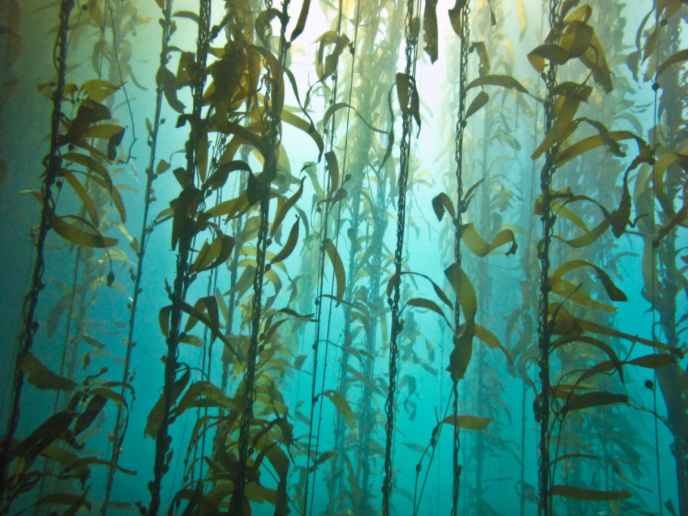One step closer to better management of fisheries
Fisheries represent an increasingly important food source for Europe and the world, but their management is often beset by environmental concerns, a lack of transparency and a host of uncertainties. The EU-funded project 'Judgement and knowledge in fisheries including stakeholders' (JAKFISH) aimed to involve all stakeholders in managing fisheries in order to improve the management of this valuable food source. The project looked at practices, tools and available literature on the topic to develop its novel approach. Armed with a wealth of background information, the project team conducted four case studies and invited different stakeholders to address the challenge of managing the fisheries. It revealed how participatory modelling could facilitate discussions between scientists and stakeholders, increase learning and enhance legitimacy, as well as foster a common set of values, interests and opinions. Another objective involved clarifying the impact and roles of institutions and social networks in managing fisheries. In more detail, the project examined how participatory modelling helps in natural resource management. Its members designed a fisheries management simulation game to further its aims and reconcile stakeholder needs. Case studies examined within the modelling mechanism included development of harvest control rules for western Baltic herring and Mediterranean swordfish. Another case study involving the Nephrops or Norway lobster in the North Sea looked at communication dynamics among stakeholders and whether they were able to overcome their differences. Moreover, the project team investigated how scientists interact with decision makers and stakeholders in dealing with complexity and uncertainty. Through these efforts, JAKFISH furthered knowledge on managing data-poor stocks and fisheries that generate bycatches of other species, as well as stocks that mix and migrate over different areas. The project assessed different models of cooperation among stakeholders in order to advance long-term management plans for stocks that are shared over many countries with different interests. These observations and modelling insights will help bridge gaps among stakeholders such as fishermen, consumers and policymakers, contributing to more sustainable management of Europe's fisheries.







